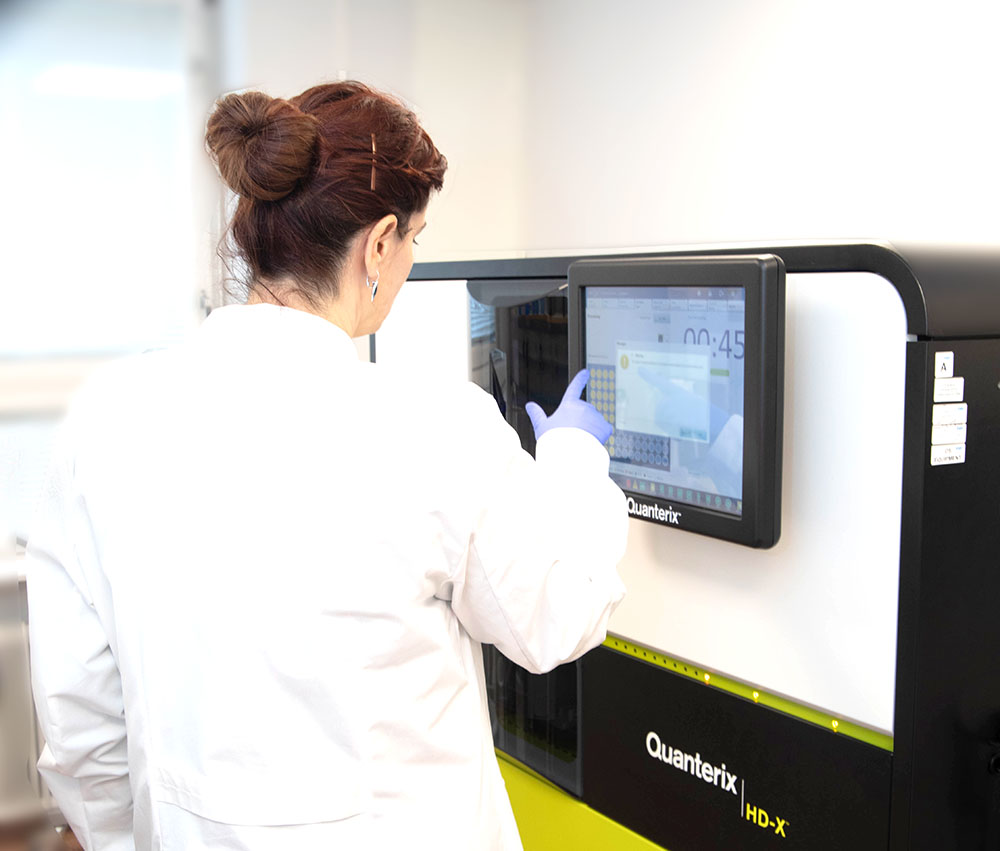What is GMP?
Good Manufacturing Practices (GMP) is a set of standards implemented by the U.S. Food and Drug Administration (FDA) to ensure that products are consistently produced and controlled according to quality standards and that risks to patients receiving the drug are minimized.
For many years, no federal regulations were in place to protect the public from hazardous products and technologies. Tragedies occurred related to food and drug safety, and many resulted in people’s and children’s death. To protect the consumer, FDA established a GMP regulation1 which became official in 1978. From then on, FDA started conducting inspections to determine a firm’s compliance with GMP regulations.
Today, the life science industry is one of the most regulated ones in the world, and regulations are extensive and ever-increasing. Life Science companies must maintain GMPs to protect patients and ensure the safety and efficacy of pharmaceutical products.
What are the GMP Guidelines in the US and the EU?
The GMP guidelines (enforced by U.S. FDA) are published in Title 21 of the Code of Federal Regulations1, Part 110 (21 CFR 110). The other relevant legislative requirements of GMP (applicable to Europe) are detailed in Eudralex2. Additionally, the European Medicines Agency (EMA) is responsible for the scientific evaluation and safety monitoring of pharmaceutical products developed for use in Europe.
There are also several separate GMP systems outside Europe and the US – for example, Japan. Still, their requirements are very similar to each other.
What are the main components of GMP?
Products, people, premises, processes, and procedures
GMP Guidelines describe regulations to ensure consistent quality and safety of products by focusing on five key components: products, people, premises (facility/equipment), processes, and procedures. However, only minimum requirements for each of the five elements must be met to ensure that the produced drug is of high quality and purity and meets applicable standards of identity and strength.
Further on, a full marketing authorization and clinical trial authorization also require compliance with GMP standards. Hence, the goal of GMP is to reduce the risks associated with the production of pharmaceutical products and protect the patients by ensuring the appropriate quality of each product batch.

What activities do the GMP guidelines cover?
Documentation and record keeping
One of the critical activities of GMP is documentation and record keeping. Documentation ensures the traceability of all development, production, and testing activities. Satisfactory documentation in line with GMP is necessary to evaluate the overall quality of the different operations and processes within a company.
Quality management systems
Other critical activities of GMP include establishing quality management systems, implementing standard operating procedures, detecting product quality deviations, and maintaining reliable testing laboratories. A robust quality management system is essential since it will ensure that facilities are in good condition, the equipment is maintained and qualified, the employees are fully trained, and the rest of the processes are reliable and reproducible.
Why is GMP compliance so important?
The development of a pharmaceutical product is a complex process; on average, it takes 10 to 15 years to complete all phases of clinical trials before the commercial stage. The drug development process involves many stages, such as laboratory testing, animal studies, clinical trials, and regulatory registration.
In addition to these stages, regulatory agencies also require compliance with GMP standards to ensure that the produced drug is safe, pure, and stable before it is released to the market.
GMP, when applied adequately, helps to prevent incidences such as contamination, mix-ups, deviations, failures, and errors. If followed strictly, GMP regulations assure that drug product is safe for use and meets all the quality standards.
GMP was designed to ensure safe and effective drug production for patients. It also helps ensure that patients get the right drug at the correct dose.
GMP at Svar Life Science
Are you interested in learning more about the GMP QC testing services at Svar Life Science?
At Svar, we understand the complexities of developing a GMP-compliant bioassay. We work closely with our clients to understand each bioassay challenge and ensure compliance.
Unlock your product release with GMP QC testing.
References:
- Regulations put in place by the FDA:21 CFR Part 210 (Code of Federal Regulations, Title 21, Part 210) - Current Good Manufacturing Practice in Manufacturing, Processing, Packing, or Holding of Drugs, 21 CFR Part 211 - Current Good Manufacturing Practice for Finished Pharmaceuticals
- Eudralex - Volume 4 – Good Manufacturing Practice (GMP) guidelines, Part I - Basic Requirements for Medicinal Products
